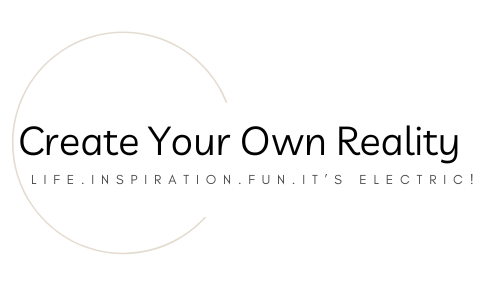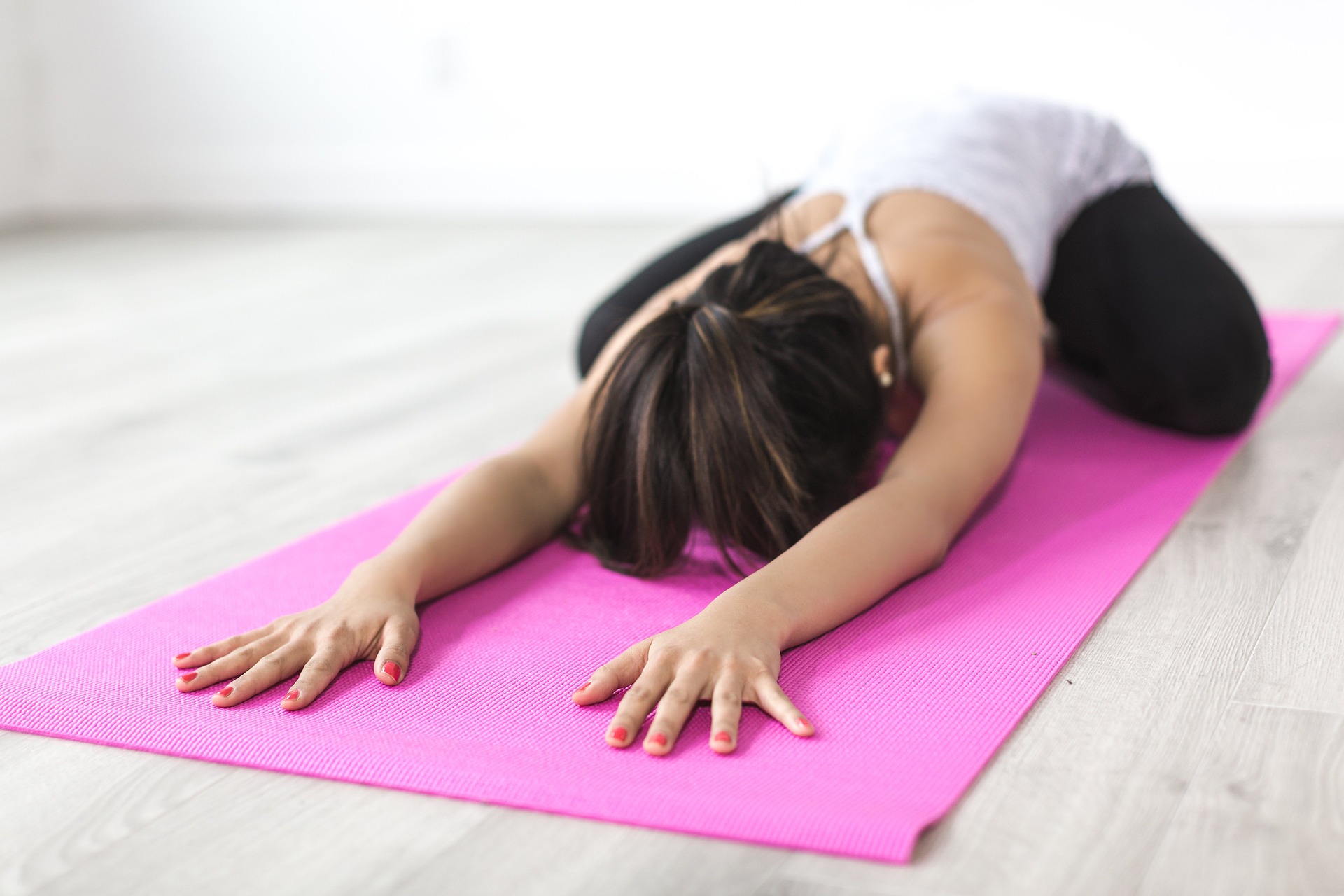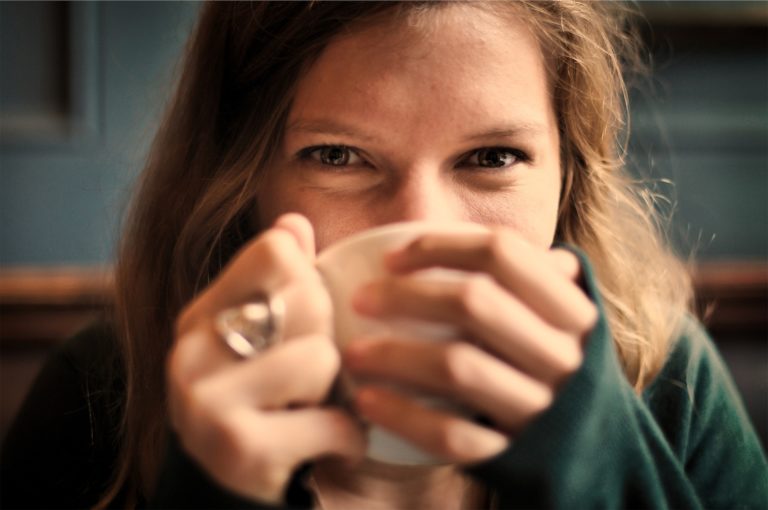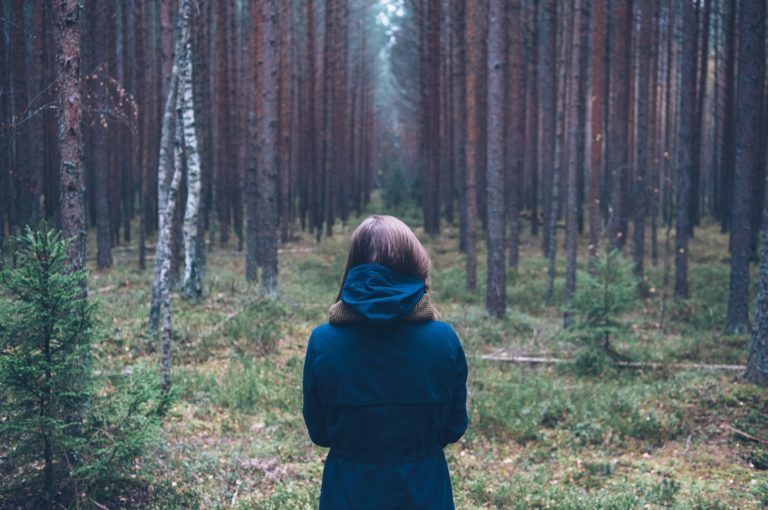The Relationship Between Introversion and Health
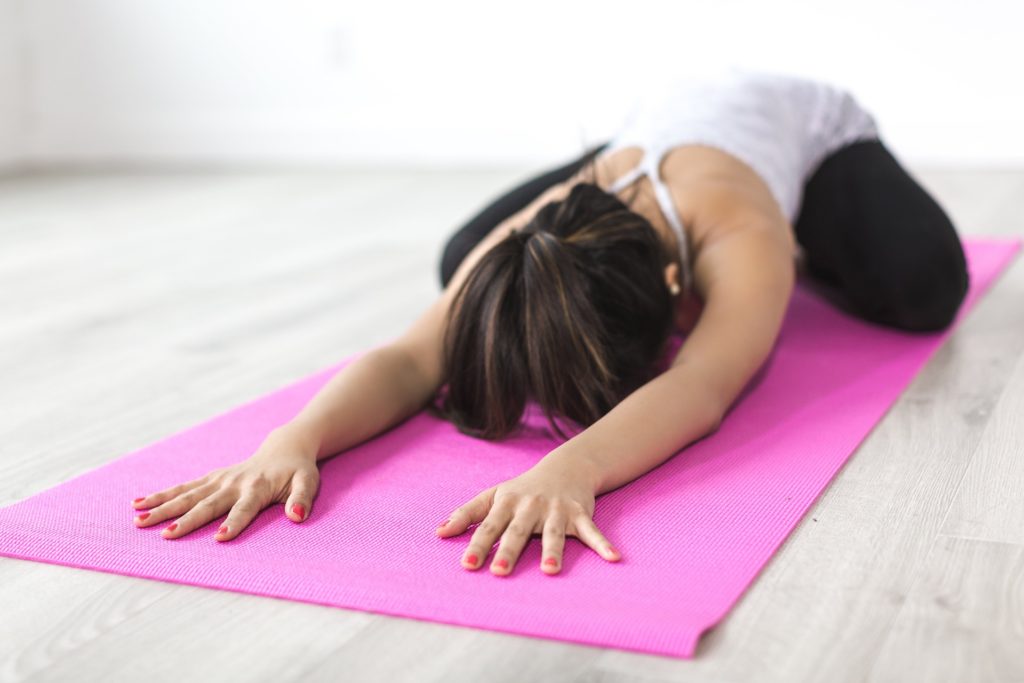
My understanding of introversion and what it means to be an introvert has drastically improved my quality of life. But until recently, I hadn’t fully realized how my introverted nature influences my health.
One of my more recent lifestyle changes (which I’ll talk more about later in this post) pushed this relationship into focus.
I realized that I’m currently healthier than I’ve ever been. I’ve also never honored my introverted nature as much as I do right now. And the more I thought about it, the more I realized this wasn’t a coincidence.
Today we’re going to take a look at the relationship between introversion and energy levels, how that impacts your diet and exercise, and I’ll share some of my own experience.
Introverts and energy levels
As introverts, we get our energy from being alone and lose it when we’re around people. It’s part of why saying no, recharging, and protecting downtime are so important for introverts.
If we don’t get enough downtime, we don’t have the energy to function properly.
As a result, two of an introvert’s most valuable resources are time and energy.
And one aspect of health that I don’t think gets enough attention is just how much time and energy it takes to be healthy. But ultimately, I believe it’s the energy element that really gets overlooked here.
I’ve found that as an introvert, it’s not enough to just put the time aside to exercise. I have to say no to things and make other life changes so I also have the energy to actually be healthier.
The role introversion plays in health
Like I touched on, a recent lifestyle change pulled the role introversion plays on my health into focus for me.
I came to realize that the less I engaged with the outside world, the healthier I became.
Beyond that, the easier it’s become to make and maintain a healthy change.
In my case, I didn’t necessarily set out to be healthier (at least, not at first). I simply made changes that honored my introverted tendencies and found I had more energy.
That extra energy led to more positive health choices. Now that I’m aware of this relationship, I hope to use it to my advantage going forward.
Here’s how I’ve found that embracing your introverted nature can give you the energy to be healthier in the two biggest aspects of physical health: exercise and diet.
Exercise
This is probably this most straight forward. It’s one thing to put aside the time to exercise. But if you don’t make another change to find the energy to exercise, you’re likely to have one of two problems:
- You may have a very difficult time getting off the couch to actually get the exercise in.
- You might be able to start, but you won’t have the energy to get the full benefits of the workout.
It’s also possible that you’ll find you might be able to get some kind of exercise routine started, but it’s a struggle to maintain. Personally, I’ve found that unless you reallocate your energy for this routine, it’ll be really hard to maintain.
Honoring your introvert nature, saying no to things you don’t really want to do, and protecting your downtime can give you the extra energy you need to put into an exercise routine.

Diet
Maintaining a healthy diet also takes energy–in some cases, more than you may realize at first blush.
First, the more obvious. Anything you make at home is going likely going to be healthier than anything you might order out.
But cooking at home also takes energy. If you’ve had a really long day, full of tasks and people demanding your time, attention, and energy, taking the time to cook at home might not be energetically feasible.
Beyond that, planning a healthy meal (or a week’s worth of healthy meals) and being aware of what you’re eating takes work–especially in the beginning.
And it’s a lot easier to grab the same jar of tomato sauce you’ve been eating for years off the shelf at the store than it is to read a bunch of labels and find the sauce with the lowest sugar content.
But if you stick to your introverted guns and prevent your energy sources from becoming depleted, you may find that putting attention and energy into your diet comes a lot more naturally.
And it’s a lot easier to be healthier when you have the time and energy to properly plan and shop for healthier food, let alone have the time and energy to cook it.
My Experience
High School
I first started to be more aware of my health in high school. But ultimately, that was a time when I was my most unhealthy. I didn’t eat all that healthy and I did very little exercise.
Looking back, I’ve also realized this is when my energy levels were at an all-time low. I realize now that being an introvert likely played a large role in this.
I was getting up at six-thirty every day, then spending seven hours (or more with extracurriculars) surrounded by people with absolutely no time alone to recharge.
When I came from school, I was so depleted I would eat whatever I had easy access to and crash on the couch. I tried several times to start an exercise routine but was so low on energy, I was never able to get past the first or second day.
I didn’t know what it meant to be an introvert then, so I didn’t know how to take care of myself and my energy like I needed to.
College
When I got to college, my schedule was different. I’d spend no more than five hours a day in class and there were often significant breaks in my schedule throughout the day.
I also could opt to start classes later in the day, which meant I got more sleep than I did in high school.
Since I wasn’t as depleted as I had been in the past, I naturally started eating better. I no longer felt like I needed to eat immediately when I got home and I would be a little more patient and make something healthier.
Before long, I started running a few days a week, which turned out to be an exercise routine that I was actually able to maintain.
This trend continued as I moved through my life. After college, I went to grad school, where my world engagement stayed mostly the same and I was able to maintain the routines I started in college.
I still didn’t know what it meant to be an introvert, but as my life evolved and naturally gave me more pockets of downtime, I was able to take better care of my introverted self.
This lent itself to more and more energy.
Work life
After grad school, I took another step back from the world. I worked from home part-time and out of the house part-time.
This gave me more energy.
I found I loved yoga and traded my runs for walks.
With my new found love of yoga and extra energy to support it, I found myself adding three more days of exercise. Now I exercised six days a week instead of three.
During this time, I also went from simply preparing regular meals, to be more conscious of how much sugar, dairy, red meat, etc, I was consuming.
This time that I finally discovered introversion.
As a result, I started consciously making decisions and life changes to protect my energy and downtime. Every change I made improved my happiness and gave me more energy to be healthier.
And now that I’m entirely self-employed, I added strength training to my yoga and cardio workouts and I’m finding it easier than ever to eat well.
I spend more time alone than I ever have. I’m also the healthiest, happiest, and energetic as I’ve ever been. I don’t think that’s a coincidence.
For me, this evolution has occurred slowly, but naturally, by making one small change at a time as I honor my introverted nature and have the energy to do so.
Looking for more in-depth tips on how to build a thriving introvert life?
If you want to dig a little deeper into this topic, check out the Introvert Life Guide!
This guide was designed to help you build the introvert life of your dreams.
It will also help you embrace your introverted nature and build a life to help you thrive!

For more introvert life tips, check out the other introvert posts!
Sound off: Have you noticed a relationship between your introversion and health? Tell us about it in the comments!
